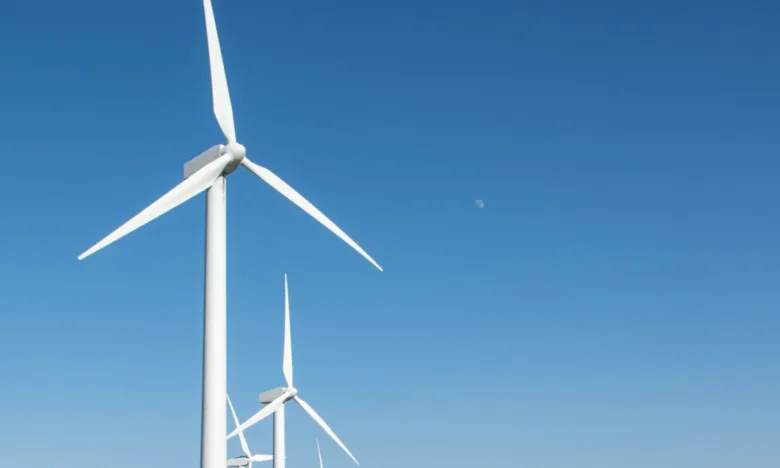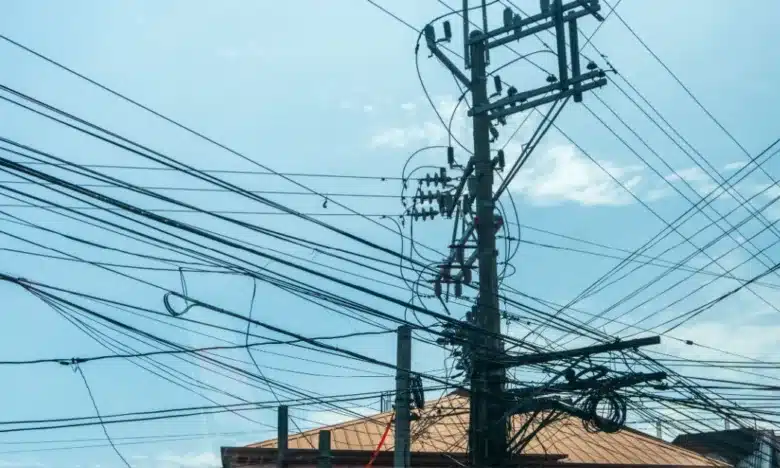
The Power of Competition Ensuring Affordable and Reliable Energy
- March 12, 2025
In his opinion piece, journalist Jake Maderazo highlighted how market competition benefits consumers by driving innovation, improving service quality, and keeping prices fair.
Competition benefits consumers by providing more choices, encouraging innovation, and driving fair pricing. This raises the question of whether similar advantages could apply to the electric power sector, which is currently dominated by private distribution utilities (PDUs) and electric cooperatives (ECs). While these entities operate as natural monopolies, they are strictly regulated—PDUs by the Energy Regulatory Commission (ERC) and ECs by the National Electrification Administration (NEA). Maderazo questioned whether regulation alone is enough to ensure fair prices and quality service in this monopolized system.
Meanwhile, NASECORE president Petronilo Ilagan urged the government to invest in power generation to boost competition, arguing that a lack of supply forces reliance on the spot market, leading to price volatility. His remarks came after the Maharlika Investment Corporation (MIC) acquired a 20% stake in the National Grid Corporation of the Philippines (NGCP) in January to improve transmission services.
However, Ilagan contended that prioritizing investment in power infrastructure would have yielded better long-term benefits. “Investing in power generation aligns with MIC’s goals of generating sustainable returns and creating significant economic impact,” he said.
(Also read: Should the Philippines Phase Out Coal?)
Breaking monopoly barriers
A landmark Supreme Court ruling in 2024, declared that exclusive power franchises are unconstitutional. The decision overturned the long-held belief that franchises guarantee exclusivity, clarifying that they are privileges granted by the State and must serve the public interest. This means the government can grant new franchises to encourage competition, forcing utilities and cooperatives to improve services or risk losing market share.
The case stemmed from a petition by Iloilo Electric Cooperative Inc. (ILECO) I, II, and III, which challenged a law expanding MORE Electric and Power Corp.’s franchise into their service areas. The Court dismissed their claim to exclusive rights, stating that the law aimed to lower energy costs and promote healthy competition. “Congress determined that expanding MORE’s franchise would bring more affordable electricity to Iloilo province,” the ruling stated.
Maderazo noted that this precedent could also positively impact Davao Light and Power Co.’s bid to expand into North Davao Electric Cooperative’s (NORDECO) service areas in Davao del Norte and Davao de Oro. He emphasized that beyond territorial disputes, the real issue is which provider can deliver better, more cost-efficient services.
Opinion columnist Bienvenido Oplas also mentioned that mayors from the League of Municipalities of the Philippines (LMP) – Batangas Chapter passed a resolution backing the Meralco-BATELEC I joint venture to help stabilize the area’s power supply. This is because 72% of residents in the franchise area are calling for improved power supply and an end to frequent, prolonged blackouts.
(Also read: Electric cooperatives vs. Private Utilities: Who Really Wins?)
Reliability vs. affordability
Energy expert Arnel Casanova underscored the ongoing debate between power reliability and affordability. While both are critical, reliability often takes precedence, particularly for businesses that suffer financial losses from power disruptions. Hospitals, emergency services, and industries rely on a steady electricity supply, and frequent outages disrupt daily life, impact tourism, and damage economic growth.
At the same time, affordability remains a pressing issue. High electricity prices place a heavy burden on households, especially low-income families forced to choose between power, food, healthcare, and education.
Maderazo highlighted the urgency of fair pricing, particularly in regions like Western Visayas and Davao, where average family incomes fall below the national average. With electricity expenses consuming 14 to 30% of household budgets—second only to food—affordable and reliable power is essential. He stressed that competition should drive better services for those who need them most.
The cycle of economic growth
In conclusion, Casanova emphasized that while affordability matters, ensuring a stable and reliable power supply should be the priority. A robust energy sector supports business expansion, increasing employment and consumer purchasing power.
He explained that as incomes rise, affordability improves naturally. Greater demand then attracts more investment in power generation, expanding supply and lowering costs. This cycle of economic growth creates a self-sustaining system, where increased competition, investment, and innovation lead to better services and fairer electricity rates.
But in the case of Davao Light and Nordeco, both affordability and efficiency are possible. Hearings revealed that Davao Light offers lower rates while maintaining lower system losses. In December 2024, Nordeco charged ₱12.56 per kWh, while Davao Light’s rate was ₱9.21.
Additionally, Nordeco customers endure more frequent outages, averaging four hours per month, compared to just 17 minutes for Davao Light users.
Batangas consumers have also raised concerns about power issues. Among them, Francisco Lirio, chairman of the Batangas Forum and former Tanauan mayor, expressed disappointment over the sluggish progress in Batelec’s services despite its 47 years in the province.
Casanova, who is also Meralco’s Senior Vice President and Chief External and Government Affairs Officer, welcomed the prospect of collaboration between Meralco and Batelec to deliver reliable and cost-effective electricity.
“Meralco is positioned to lend technical expertise and infuse capital to Batelec I to jointly provide better service to Batanguenos,” he stated.
Sources:
https://opinion.inquirer.net/181148/people-deserve-better-services
https://opinion.inquirer.net/178874/the-need-for-fair-accountable-and-sustainable-energy
https://www.manilatimes.net/2025/02/18/opinion/columns/let-there-be-light/2056932



